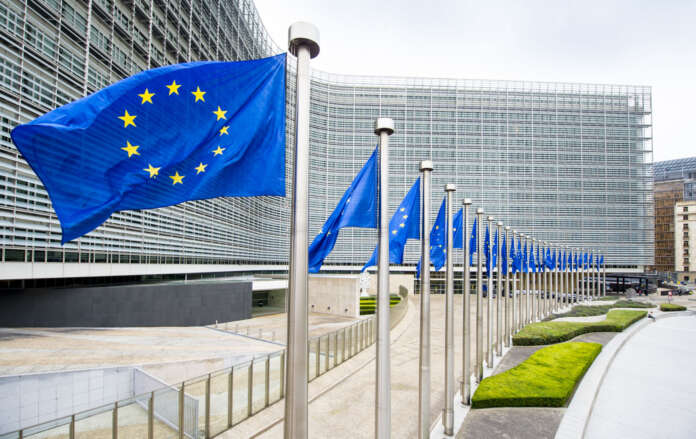The European Commission has established with the Member States an EU Platform for the common purchase of gas, LNG and hydrogen to secure the EU’s energy supply at affordable prices in the current geopolitical context and to phase out dependency on Russian gas.
As the leaders of the Member States agreed at the end of March it will be a voluntary coordination mechanism supporting the purchase of gas and hydrogen for the Union, relying on the collective political and market weight of the EU.
The Platform will help ensure the security of supply, in particular for the refilling of gas storage facilities in time for next winter. It will also see to optimal use of existing gas infrastructure and enhance long-term cooperation with key supply partners, extending also to hydrogen and renewables, possibly through Memoranda of Understanding.
“It is abundantly clear that the European Union is too dependent on Russia for our energy needs,” said Frans Timmermans, Executive Vice-President for the European Green Deal. “The answer lies in renewable energy and, in the more immediate term, diversification of supply.”
He highlighted that through the EU Energy Purchase Platform Member States can now work together on purchasing gas from other suppliers and developing an international market for hydrogen. “For the EU, replacing gas imports from Russia will help to end our over-dependence and provide much-needed room to manoeuvre,” added Mr Timmermans.
Kadri Simson, Commissioner for Energy agreed that the Russian aggression against Ukraine has radically changed the geopolitical context of Europe’s energy security.
“We have decided to end our dependence on Russian fossil fuels and need to partly replace them with alternative sources of supply,” she said. “To succeed in this task, the EU must use its collective political and market power on global gas markets. With the EU Energy Platform, we build on the experience gained over the past months to ensure a coordinated European approach to securing gas imports at the best possible conditions.”
The EU Energy platform will ensure cooperation in areas where it is more effective to act in a coordinated way, at the EU level rather than at the national level. These include three areas.
First of all, demand pooling. The Platform will work with Member State representatives to maximise leverage to attract reliable supplies from global markets and at stable prices that reflect the predictability and the size of the common EU market. This will allow moving, when appropriate, towards joint purchases.
Secondly, efficient use of EU gas infrastructure. This means that the Platform will coordinate actions to maximise LNG imports absorption, comply with gas storage obligations and ensure the security of gas supply. It will also help identify additional infrastructure needs, suitable to cater for future hydrogen use.
Finally, international outreach. Considering the need to secure significant volumes of non-Russian gas already this year and the global market tightness, the EU Energy Purchase Platform will also coordinate and reinforce the EU’s international outreach to gas partners and markets. This will include the main LNG exporting and importing countries to define and agree on potential arrangements for diversification, including hydrogen. This work will take account of partners’ supply capacities, long-term contracts and existing as well as planned interconnections and storage infrastructure in the EU. The recently announced EU–US Joint Statement on European Energy Security is a guiding example.
The Platform will build on existing EU policy initiatives with Member States, transmission system operators, associations and market players. It will also make use of existing coordination structures for the security of supply and the regional assessment of energy infrastructure.
The Commission will operate the Platform covering all aspects of the value chain, global supply and demand, market mechanisms, infrastructure and security of supply. The first virtual meeting, chaired by Director-General for Energy, Ditte Juul Jørgensen, was held at the beginning of April with representatives of the Member States.



